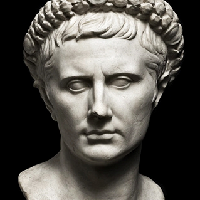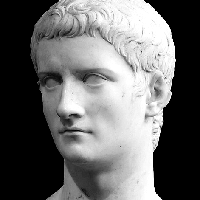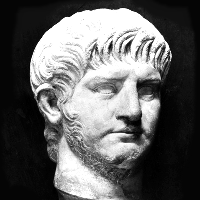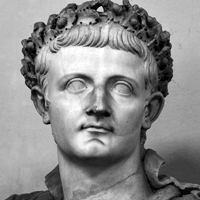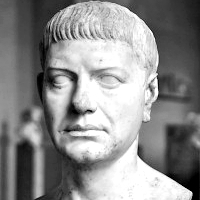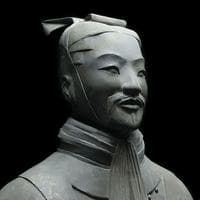Decebalus type de personnalité MBTI
Personnalité
"Quel type de personnalité est Decebalus? Decebalus est un type de personnalité INTJ dans MBTI, 5w6 - - dans Enneagram, dans Big 5, dans Socionics."
There's little known about his reign, the exact details of his relations and wars with Rome are mostly unknown and the information we do have was written down decades/more than a century after his death. So, his exact course of action and the actions of his neighbours (to which his choices and moves were a reaction) being vague, there's very little that can be discerned about his way of thinking, priorities and motivations - therefore type. One thing is clear: there's almost no way he was not a N type (only if he was relying very, very much on N counsellors and the ideas for the actions he took actually came from them, which is extremely unlikely and even then, approving of those plans could suggest his N preference): far too creative and unconventional with the kind of resources he used in battles, his moves and strategy; a couple of times he predicted and thwarted Trajan's plans. Other than that, there's nothing to be said for sure: Ni user is slightly more likely than Ne, T is slightly more likely than F. So it's possible that the Dacian wars were a clash between two INTJs (it's likely that was Trajan's type), both intelligent, both brilliant strategists, the factors that eventually decided the winner being a far greater number of soldiers and better equipment and weapons.
Biographie
Decebal (Decebalus) born ?? (between 50-65 AD), died in 106 AD, was the last king of Dacia, ruling between 87 and 106 AD. He is famous for fighting three wars, at first (87-101) with success, against the Roman Empire. In 101 Trajan invaded Dacia and Decebalus was eventually defeated in 102 AD. He remained in power as a client king, but a final and overwhelming Roman invasion came in 105 and ended in 106 AD with the capital Sarmizegetusa in ruins and part of the Dacian territory absorbed into the Empire. Decebalus killed himself to avoid capture. He was a brilliant strategist, taking advantage of his country's geography to incapacitate as much as possible the outnumbering Roman army and making unexpected and outside-the-box maneuvers that caught his enemies by surprise and turned the tables of war several times.

